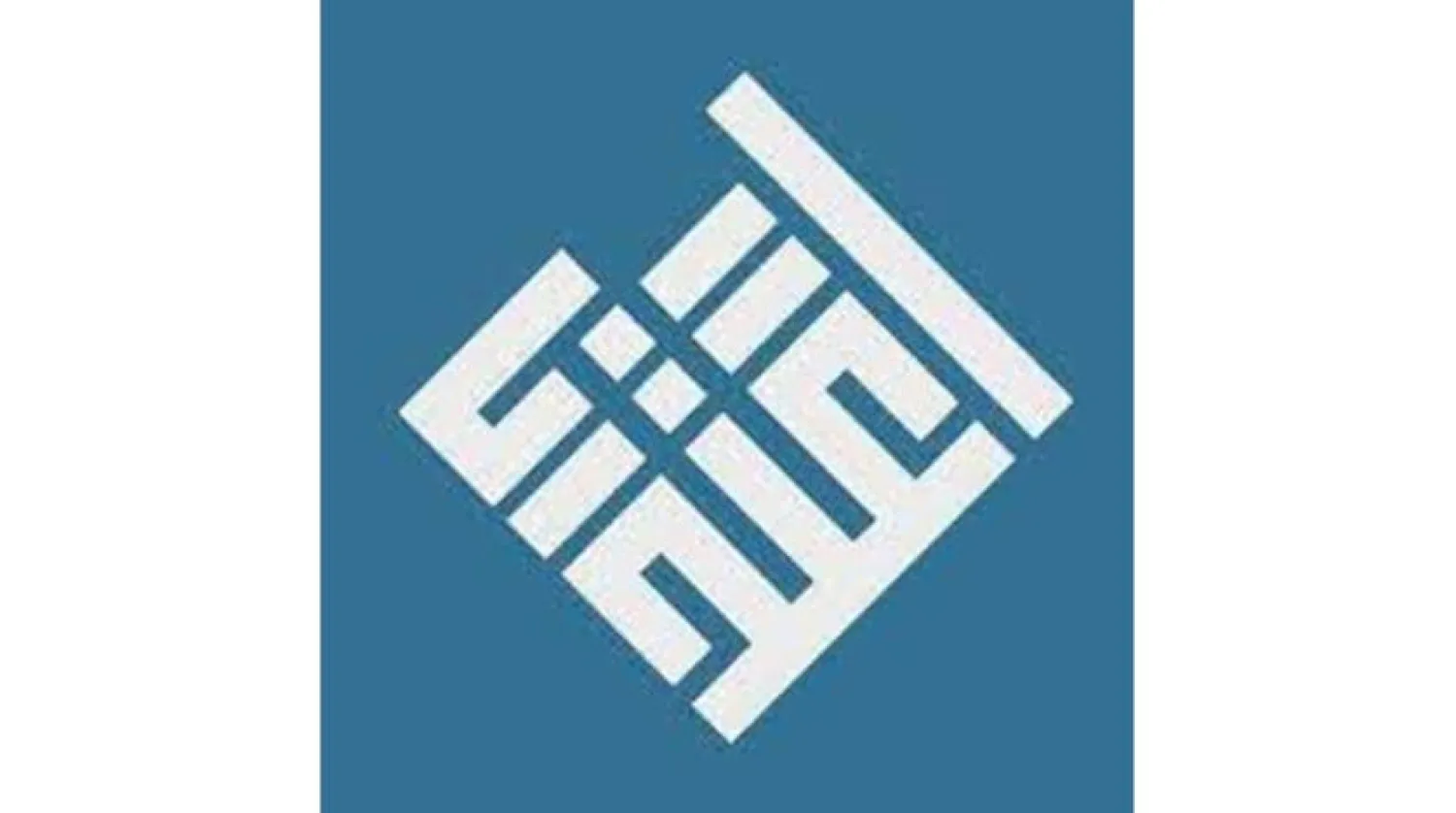The Global Center for Combating Extremist Ideology (Etidal) in Saudi Arabia has been able to remove over 600,000 pieces of content and links on Telegram.
In February, the center and Telegram reaffirmed their commitment to strengthen cooperation in preventing and countering terrorism and violent extremism (PCVE).
Over the past 3 years, Etidal has been collaborating with Telegram in reviewing online terrorism content in Arabic. Building on their success, both organizations have agreed to expand their coordination to detect and remove more systematically material in Arabic glorifying terrorism.
A team of Etidal’s specialized researchers performed an assessment of several thousands of channels suspected to host terrorist propaganda detecting patterns in their abuse of the platform’s services.
The resulting findings were shared with Telegram to allow them to review the detected content disseminated by terrorist groups on their platform.
The coordinated action against online terrorist propaganda focused mainly on the distribution and production of terrorist material. Among items referred were media files such as PDFs, videos and audios uploaded by terrorist groups on Telegram and public Telegram channels hosting these materials.
Etidal said that extremist and terrorist groups have formed “digital squads” which focus on attracting and recruiting youth for their ideological agenda. They also did so to raise the level of sympathy and support for their ideological discourse online.
Abdullah Al-Sharif, technical director of the “Awsat” initiative, which works to clear electronic platforms of extremist content, explained that the most prominent strategies of ideological groups in luring their victims through virtual reality platforms is to focus on introverted adolescents.
“They are often manipulated into becoming a propaganda recruiter who is used to increase the circle of polarization and influence on societal groups,” Al-Sharif told Asharq Al-Awsat.
Etremist groups are exploiting the great development in social media technologies and websites to spread ideas and digitize polarizing discourses.









